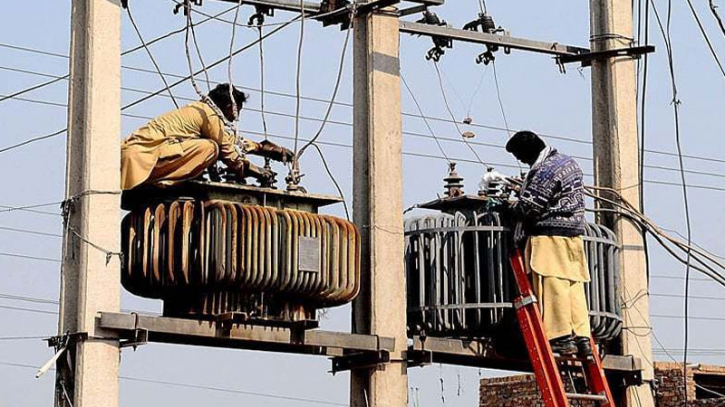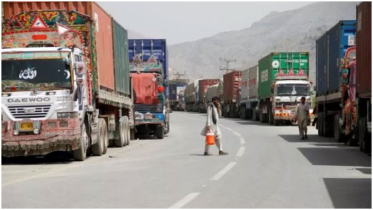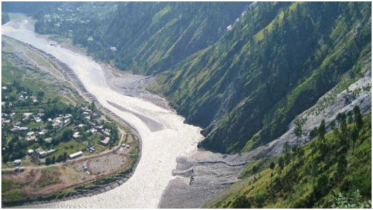Pakistani industries at risk as energy costs surge

Rising gas and electricity tariffs in Pakistan threaten to shutter industries, drive up unemployment, and worsen inflation, lamented distressed industrialists.
Speaking to The Express Tribune, President of the Federal B Area Association of Trade and Industry (FBATI) of Pakistan, Syed Raza Hussain highlighted the impact of the gas tariff increase on small and medium-sized entrepreneurs already grappling with production costs and competitive pricing.
“The merciless hike in gas prices will have dire consequences on SMEs, including cost-cutting which will result in joblessness and retail price hikes, exacerbating inflation alongside escalating electricity and petroleum product prices,” warned Hussain.
Calling for a review of government policies, Hussain urged a shift towards pro-industry and pro-business decisions to spur production and tax revenue growth.
Federation of Pakistan Chambers of Commerce and Industry (FPCCI), President, Atif Ikram Sheikh echoed concerns, particularly regarding the alarming surge in captive gas prices, which could spell disaster for Pakistan’s industrial sectors.
Sheikh underscored the ripple effect of soaring energy costs, leading to higher production expenses passed on to consumers, exacerbating financial strains amid persistent inflation.
He called for a comprehensive reassessment of energy pricing frameworks, noting the unfeasible manufacturing landscape and the deterrence of domestic and foreign investment in Pakistan.
Hyderabad Chamber of Small Traders and Small Industry, President, Muhammad Farooq Shaikhani questioned the rationale behind a recent electricity price hike approved by the National Electric Power Regulatory Authority (NEPRA).
Shaikhani highlighted government decisions contributing to mounting circular debt and the shutdown of industries, urging clarity on the reasons behind substantial fuel adjustment increases.
Hyderabad Chamber of Commerce and Industry (HCCI) President Adeel Siddiqui criticised the caretaker federal government for its failure to prioritise renewable energy production. He highlighted that this negligence led to a recent Rs4.567 per unit cost hike in fuel prices, approved by NEPRA for December 2023 bills.
In a statement issued on Monday evening, Siddiqui lamented the decrease in renewable energy production in 2023 compared to 2022 figures. He condemned the current caretaker administration’s incompetence, noting that consumers would bear the brunt of this increase in fuel prices, reflected in their February bills following NEPRA's approval.
Siddiqui urged for the rehabilitation of closed powerhouses and underscored the importance of investing in research and advanced technology to meet energy production needs. Specifically, he proposed utilising locally produced coal to operate the 1,300MW Jamshoro coal powerhouse. Additionally, Siddiqui underscored the necessity of enhancing the efficiency of power distribution companies.
.png)




